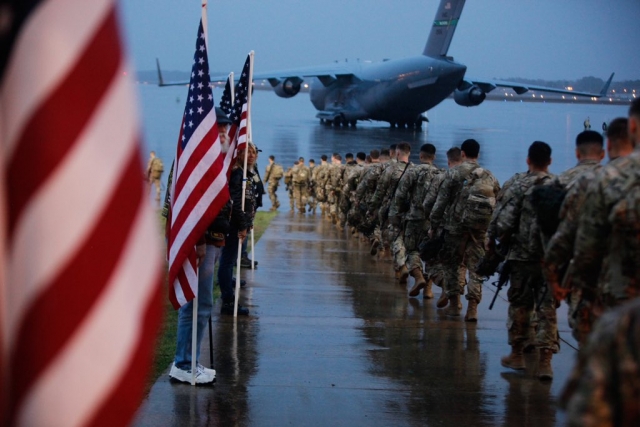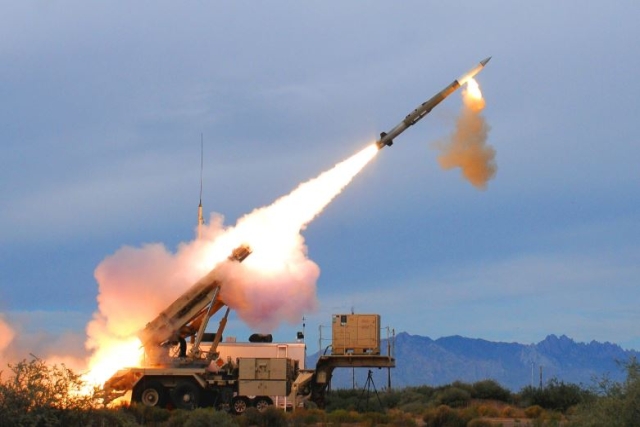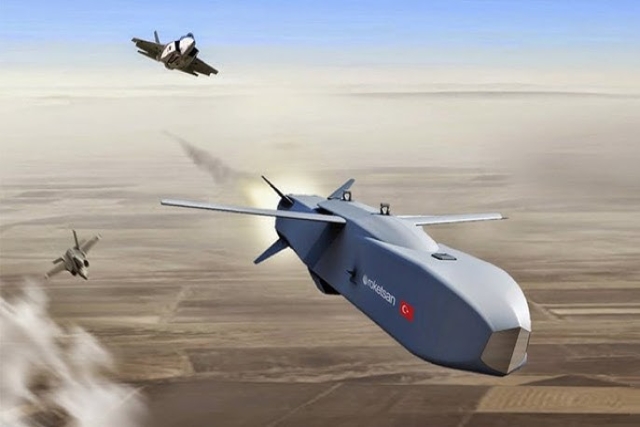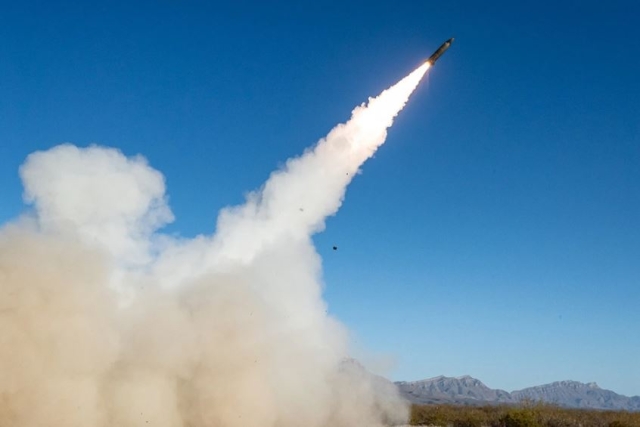Nearly 3 Dozen US Personnel Diagnosed with Brain Injury Post Iran Strike

The fifteen Iranian missiles that struck two Iraqi air bases (Ain al-Asad, Erbil) on January 7 hosting the US military has left 34 of them with traumatic brain injuries, Pentagon spokesman Jonathan Rath Hoffman said Friday.
The number has surpassed the military's last week's estimate of 11 injured personnel. Several Apache helicopters, hangers and drones were also reportedly destroyed when Iran's indigenous Fateh and Qiam missiles hit the bases, in a move seen as one to avenge US' assassination of the country's top general, Qasem Soleimani on January 3.
Initially, President Donald Trump said there had been no injuries in the attack, and the Pentagon has been criticized for a lack of information released about Americans who were hurt. "I heard that they had headaches. And a couple of other things. But I would say and I can report it is not very serious," Trump said at a news conference in Davos, Switzerland, on Wednesday.
The wounded personnel were treated in Iraq, Kuwait and Germany. "Over the last two weeks we have seen a persistent and dedicated effort by our medical professionals on the ground in Iraq, Kuwait and Germany to diagnose and treat any and all members who needed assistance," Hoffman said.
"The Department of Defense is committed to delivering programs and services intended to deliver the best possible outcomes for service members who suffer any injury..... We wish all these members well and we are dedicated to ensuring that they have the support and treatment they need for full recovery," he added.
Of those injured, eight service members who had previously been transported to Germany for medical care have been transported to the United States, where they will receive treatment either at Walter Reed Military Medical Center or at their home bases. None of the members remain in Germany receiving treatment, while one who received treatment in Kuwait has been returned to duty in Iraq and 16 others who remained in Iraq have been returned to duty, reports UPI.









